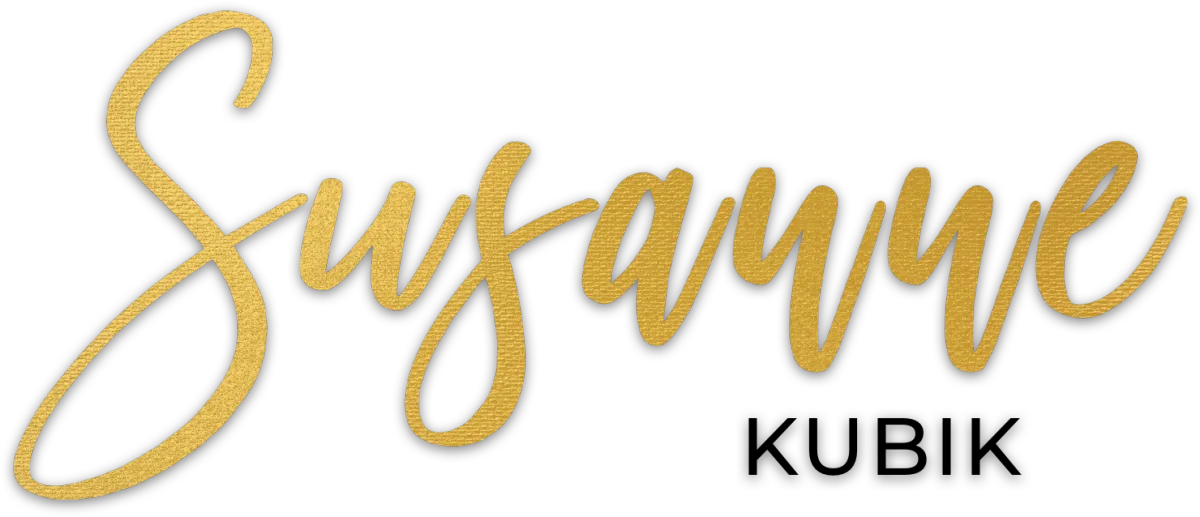
Imposter Syndrome at work: Why you feel like you don't belong and how to overcome it
Introduction: An Unspoken Pandemic
“The blog post that probably won’t find much applause” or “the labels we give ourselves”.
We’re calling it out—imposter syndrome has become a silent pandemic in the modern workplace!
Almost everyone seems to have it, wear it and even bond over it.
‘The Imposter Syndrome’ brings communities together for it gives us a sense of importance we wouldn’t have otherwise.
Having Imposter Syndrome nowadays is almost seen as a heroic act. A somewhat different kind of “me too” movement in my opinion.
But are we misidentifying the real issue?
What if imposter syndrome isn’t you being flawed or not qualified enough, but just a story you inherited like a script you didn’t choose and took on as your own?
A script you’ve unknowingly repeated until it felt real and a part of you?
An identity you assumed to stay safe and accepted.
The identity trap: Why imposter syndrome feels familiar
Imposter syndrome can feel like a strange badge of honor.
In some environments, it’s almost expected, like if you don’t feel like a fraud, you’re not pushing hard enough.
But here’s the truth:
Imposter syndrome is not your truth. It’s your inherited thinking, a conditioning you wouldn’t choose.
It’s the negative voice of old programming whispering:
“You’re not enough yet.”
“You should be further along.”
“They’ll find out you’re not as good as they think.”
“You don’t have enough ‘qualifications’”
This voice thrives on comparison, perfectionism, and external validation.
It keeps you “small”, forever striving and pushing but not thriving and certainly never allowing you to arrive!
What we lose when we believe a lie
When we buy into the imposter identity, we:
Dismiss our achievements as luck or timing
Avoid taking up space or speaking up
Overwork to “earn” our place
Constantly compare ourselves to others
Kill vision, creativity and curiosity and stop ourselves from seeing what's possible
Never really show up in collective endeavours and teamwork wearing that mask
Feel like we have to prove ourselves every day
We lose ourselves and depend on other’s approval, validation and acceptance
We give up on ourselves and allow others to lead us
We “hand” over our autonomy to others, predicting when to feel good about ourselves
The imposter may let us believe we are in the “driver’s seat” when truthfully we remain comfortably in the “passenger seat”
All of this leaves us feel stressed, exhausted and unfulfilled. Disconnected from our true selves and the lives we really want to be living and it leaves us disconnected from the part of us that already belongs, knows, and matters.
The antidote to imposter syndrome: Radical Self-Leadership
Let me ask you: “Would you choose to have “Imposter Syndrome”?
(if the answer is yes, what is the pay-off?)
Overcoming imposter syndrome doesn’t mean fixing yourself (you don’t need fixing, you need finding!) - it means returning to yourself.
It’s about choosing the opposite of the inherited narrative.
Here are powerful antidotes to imposter syndrome:
Self-acceptance over self-doubt
Start with the radical idea that who you are, right now, is enough. There is nothing wrong with you, you just need to give yourself permission to be yourself.
Celebrate instead of downplay
Own your wins - big or small. Be proud of your achievements and your journey. Every skill you’ve mastered, every lesson you’ve learned, matters.
Creativity over perfectionism
You're not here to be flawless. You're here to create, contribute and connect. Perfection kills possibility - choose expression instead.
Ownership over comparison
Your story, your path, and your pace are uniquely yours. Lead yourself with intention, not by mirroring others.
Inner validation over external approval
Don’t wait for others to say you’re good enough. Trust your own knowing. Build that inner "hell, yes!" through heart-led self-leadership.
Presence over performance
You don’t have to constantly perform to prove your worth. Show up as you are, not as who you think they want.
Connection over competition
You weren’t made to compete for worthiness. Shift from “How do I measure up?” to “How can I connect more deeply?”
Curiosity over control
Thinking that we need to control certain outcomes or achievements only kills joy, fun and our sense for curiosity.
Swap.
Let your curiosity guide you: “What am I here to learn?”, “What else is possible?”
A new definition of belonging
Real belonging doesn’t require you to shrink, shape-shift, or strive.
Belonging begins when you belong to yourself.
When you stop outsourcing your worth and start leading yourself with acceptance, trust, heart, clarity, and courage, imposter syndrome loses its grip and you get your mojo back.
Building a nurturing and supportive relationship with yourself is the cornerstone, the base of everything - how you feel about yourselves, how you show up, what you do and want achieve in life.
Imposter syndrome is not a life sentence or a health condition. It’s a mindset we can question, challenge, and outgrow and we can choose the opposite.
The more you convince yourself of being an imposter, the more it will be ingrained into your identity. And guess what:
Behaviour follows identity! Always.
So be careful which labels you give yourself you don’t want to have. And let me just say one thing:
You are not an imposter.
Without meaning to sound morbid, but you and me are here with a limited number of years living on this planet and creating and doing what we feel called to or drawn to in our own abilities and do our best.
You are a work in progress and a masterpiece in motion.
You’re here to contribute—not to be perfect.
To be present—not to prove or to perform.
So take up space. Own your voice. And lead yourself first.
That’s where true confidence begins.
And that’s where you start to create ripple effects for future generations.
Hell, Yes!
Susanne Kubik - The Self-Leadership Effect

Hi, I'm Susanne. For most of my career I've worked in high pressured environments in Consultancy and Investment Banking where I perfectly adapted to the corporate soldier mentality, simply because I felt I needed to fit in, feeling otherwise invisible, insignificant and compared myself notoriously. For years I was enduring my corporate existence or forever planned my exit strategy, carrying the burden of needing to be seen as "professional" was more important than being seen as human. However, I learned that there is another way .... Finding my true self instead of chasing outward success has been the game changer that affected all areas in my life positively.
Nowadays I am sharing the simple strategies and mind hacks to silence the inner critic with others, so they can finally replace the self-doubt for inner knowing and find their brilliance beyond roles and job titles and live a live on purpose and with intention.
To find out more check out:
Join the mailing list for free resources, updates, courses and events:
https://susannekubik.com/newsletter108706
Join the Monday morning meditation for intention setting:
https://susannekubik.com/mondaymorningmeditation

© Copyright 2023 SusanneKubik.com - The Self-Leadership Effect

